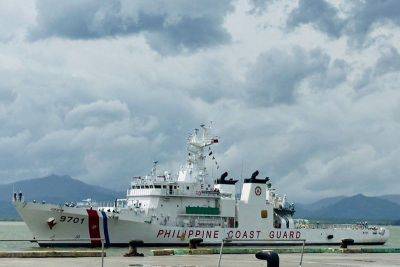Philippines-Germany relations: Strengthening ties amid growing Indo-Pacific tensions
This year saw two German ministers visit the Philippines: Annalena Baerbock Minister of German Foreign Affairs in January and for the first time ever the German defense minister, Boris Pistorius, in August. This indicates the increasing importance of the Indo-Pacific as a theater of world politics, with a dangerous looming conflict.
It is also an expression of a serious exploration on whether the Philippines are a vital partner to Germany in the Indo-Pacific. Diplomatic relations between the Philippines and West Germany go back as far as October 1954, amidst the Cold War. In 1973, the bilateral ties extended to East Germany, reflecting a broader commitment to engage with both German states during the division of Germany.
The approaching 70th anniversary in October 2024 represents a significant milestone in the bilateral relationship, highlighting the long-term stability and mutual benefits achieved over the decades. However, it comes as no surprised that the world has changed in the last seven decades.
Hence, the anniversary also serves as an opportunity to reflect on how to make the relationship relevant to the challenges of the future. In times of increasing mutual interest, this impulse from non-government experts aims to make a valuable contribution to go beyond the coordinates of the current debate.
Germany's proactive stance on the Indo-Pacific, articulated through its Indo-Pacific Guidelines released in 2020, marked it as one of the first European countries to address the region's strategic significance. The guidelines reflect Germany’s strategic realignment to navigate the intensifying US-China rivalry and to balance its economic and security interests in the region.
The strategy aims to uphold a rules-based international order in the Indo-Pacific, ensuring stability, peace and adherence to international laws and norms. Support of the international rules-based order shall also be achieved through economic integration.
Furthermore, the strategy pays attention to the common challenge of climate change and energy transition. Not surprisingly, given Germany’s history and geopolitical location, all of this should be achieved through engagement with regional






